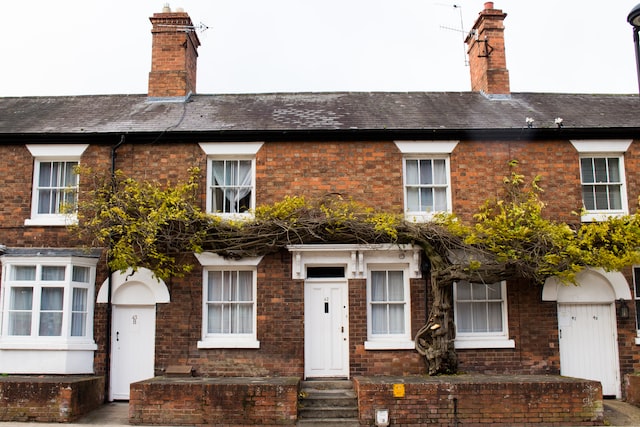Writing for Taxation magazine’s Readers’ Forum, BKL private client tax specialist Terry Jordan answers a query involving a lifetime transfer of a principal residence into trust.
The tax query
‘A few years ago, before I became her adviser, my client made a lifetime transfer of her principal residence into trust.
The beneficiaries of the trust are herself and her two adult children. The conditions of the trust allow for her to remain living in the property and entitle her to any income or gains arising on the property during her lifetime.
I can’t see any benefit to her in doing this and indeed I wonder quite what the previous adviser had in mind when suggesting it.
I’m not sure I understand the reference to entitlement to income as there will be no income while she remains living in the house. Have I missed something?’ Query 20,517 – Vinyl.
Terry Jordan’s reply: It might be best to amend the trust so direct descendants inherit the property.
‘Vinyl says that his client transferred her principal residence to trust before he acted for her and queries why she did so. In my experience this advice was probably sold as ‘care fee planning’, the idea being that the value of the home would not be available to the local authority if the client needed residential care in future. I have seen examples where no advice was provided about the taxation implications.
Since 22 March 2006 most lifetime transfers to trust have been immediately chargeable transfers for inheritance tax purposes with IHT at 20% on the value above the available nil rate band. Such trusts fall within the relevant property regime with ten-year and proportionate or ‘exit’ charges if the value exceeds the nil rate band. Further, because the client is a beneficiary of the trust the value remains in her estate under the gifts with reservation of benefit provisions in FA 1986, s 102.
For capital gains tax (CGT) purposes as the client is entitled to occupy the property under the terms of the settlement, a sale by the trustees would benefit from main residence relief under TCGA 1992, s 225. Nowadays that relief must be claimed by the trustees.
Vinyl queries the reference to income. It is usual in such trusts to give the person with the interest in possession in the property the right to income from the proceeds should the property be sold. As the trust is settlor-interested any income would be taxed as the client’s regardless of to whom it was paid: ITTOIA 2005, s 624. Following the abolition of TCGA 1992, s 77 in 2008 the trustees would be liable for capital gains tax on any chargeable gains realised by them.
As the property remains a part of the client’s inheritance tax estate under the reservation of benefit provisions it would potentially benefit on death from the IHT residence nil-rate band subject to the other conditions being satisfied. It might be that the terms of the rust should be amended so that the property is closely inherited by direct descendants.’
The full article was published in Taxation magazine (issue 4985) and is available to subscribers here on the Taxation website.
Our private client tax team can provide expert advice on IHT, trusts, tax-efficient estate planning and the tax implications of situations involving more than one jurisdiction. We advise individuals (including non-doms), trustees and families.
Our property & construction team can guide you through the complexities of property taxes including IHT, CGT and SDLT.
Contact us today for a chat about how we can help you.


